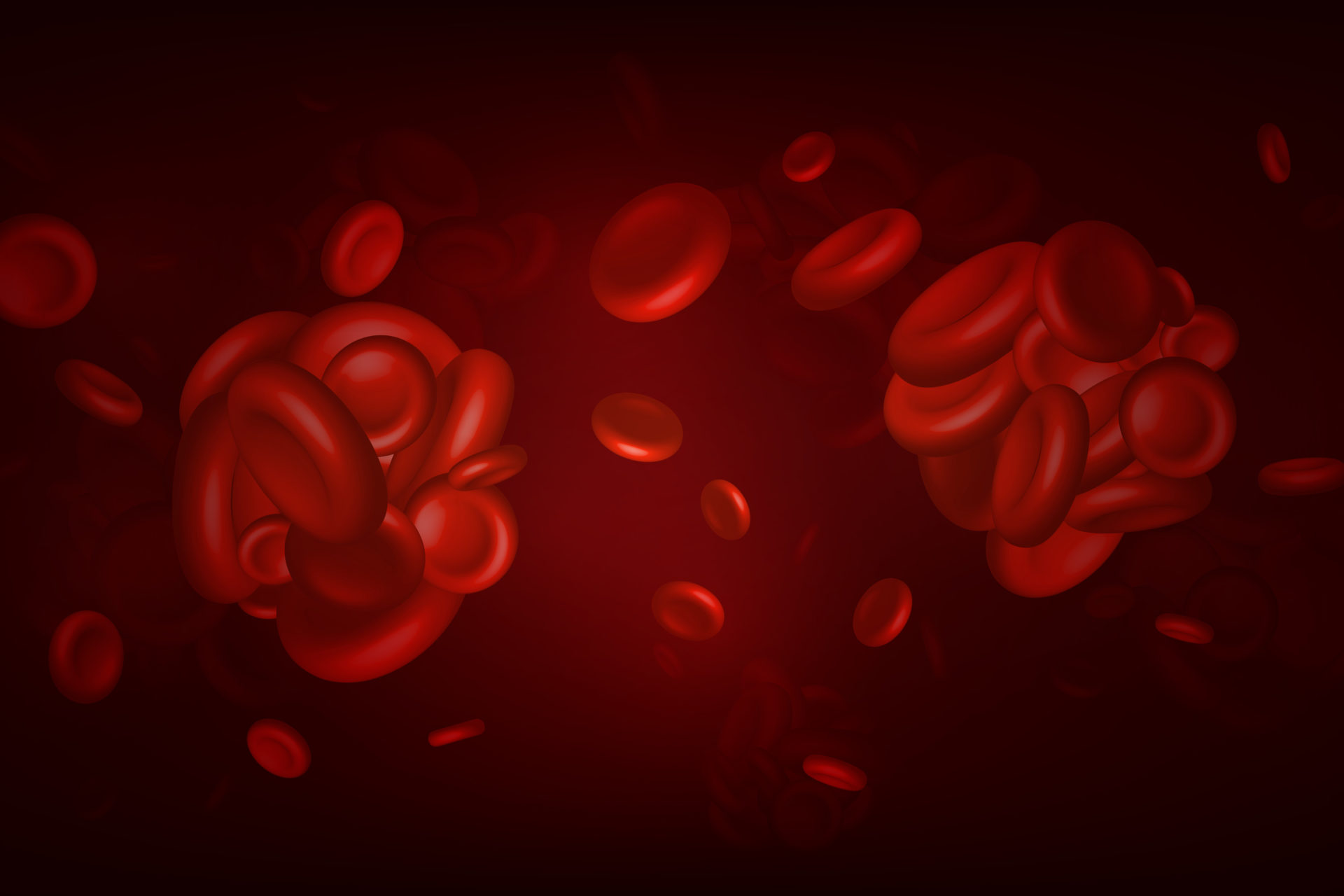Treatment with dextromethorphan/quinidine (DM/Q) demonstrated improvement in pseudobulbar affect (PBA) and bulbar function in patients with amyotrophic lateral sclerosis (ALS) but did not improve respiratory management, according to a study published in Respiratory Medicine.
In this prospective, case-cohort study, researchers assessed patients with ALS with bulbar dysfunction. In total, the study enrolled 21 cases and 20 controls. Cases received DM/Q (20 mg/10 mg twice daily) for one year. Bulbar dysfunction was evaluated with the Norris scale bulbar subscore (NBS) and bulbar subscale of the Revised ALS Functional Rating Scale (ALSFRS-Rb).
The results showed that respiratory muscle assistance failed in 28.5% of patients in the DM/Q group, compared with 20% of in the control group (p = 0.645). Time from study onset to failure of respiratory muscle aids was an average of 5.50 + 1.31 months in the DM/Q group and 5.20 + 1.15 months in the control group (p = 0.663). In the DM/Q group, an impairment in scores was found in NBS (p = 0.000) and ALSFRS-Rb (p = 0.001) across different months of the study, the researchers noted.
“Treatment with DM/Q in ALS is unable to prolong noninvasive respiratory management and, moreover, has no effect on long-term deterioration of bulbar function,” the researchers concluded. “Notwithstanding the results on bulbar function, DM/Q was found to improve pseudobulbar affect during one-year follow-up.”
Link: https://pubmed.ncbi.nlm.nih.gov/34260979/
Keywords: Amyotrophic lateral sclerosis, Assisted coughing, Bulbar dysfunction, Dextromethorphan/quinidine, Noninvasive ventilation, Pseudobulbar affect









